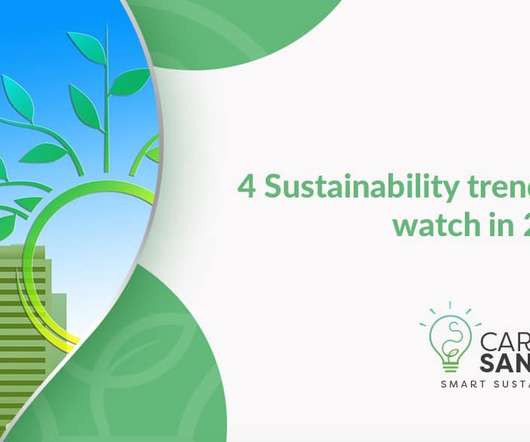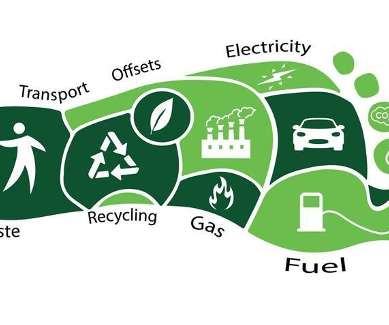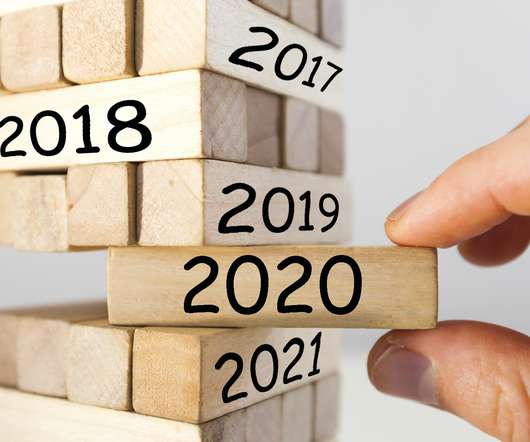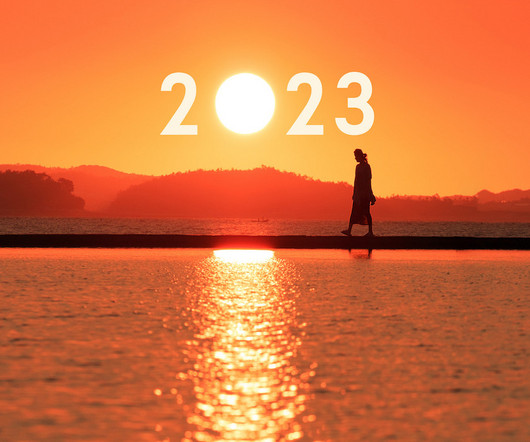Sustainability trends 2023
Carlos Sanchez
DECEMBER 18, 2022
In this article, I’ll summarise key events defining 2022 and present four sustainability trends that will prepare you to create an impact in 2023. Examples are the Swiss art 964 and the German supply chain act. On top of that, they will be creating plans to comply as soon as by the 2024 reporting cycle (e.g.












Let's personalize your content